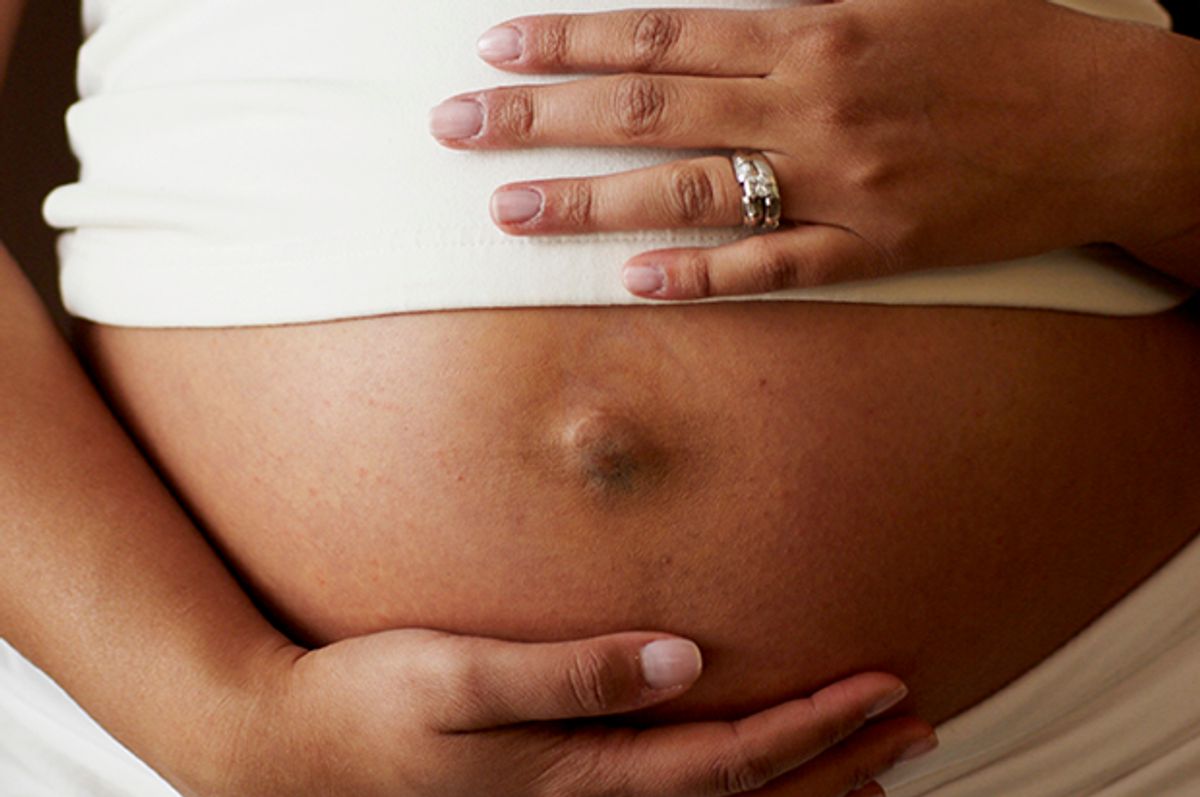A federal judge in a fifth lawsuit has ruled that the Trump administration illegally terminated the Teen Pregnancy Prevention Program, restoring grants to all 81 programs nationwide that had their funding abruptly axed last year.
U.S. District Court Judge Ketanji Brown Jackson’s decision on a class action suit, issued last week, ordered the administration to handle all the applications “as if the agency had not undertaken to shorten these grantees’ federal awards.”
Reveal from The Center for Investigative Reporting reported in July that the Department of Health and Human Services halted $213.6 million in funding for the last two years of five-year grants awarded to institutions and organizations such as the University of Texas, the city of Baltimore, the Los Angeles Public Health Department and several Planned Parenthood offices. News of the cuts came as a surprise to many of the programs.
A high-level appointee at the department, Valerie Huber, advocates abstinence for teens as the only solution, while most of the de-funded grant holders were developing scientifically based programs that included contraception and other techniques to reduce pregnancies.
In response to the judge’s ruling, the Department of Health and Human Services sent emails this week to some of the plaintiffs saying it will provide guidance within two or three weeks “so that the applications from all of the plaintiffs covered as a party to the class action can be processed quickly.”
About 1.2 million teenagers in 39 states are now on track to receive the revived sex education services, mainly through public schools, including immigrant youth in Miami, low-income middle-schoolers in Koreatown in Los Angeles and teens in coal country of West Virginia and in urban neighborhoods of Chicago and Baltimore.
Jennifer Hettema, associate professor at the University of New Mexico Health Sciences Center, said she is relieved to have the $1 million-per-year funding restored.
“It’s like a miracle,” she said. “I’m so grateful to those who worked on our behalf. It’ll mean so much to the young people of our country who will benefit from treatments based on evidence. It would have been such a sad waste if these programs weren’t able to complete what they set out to accomplish.”
The funding will allow the New Mexico team to complete a study designed to figure out how to curb risky sexual behavior among teens. The goal is to recruit – and follow for up to nine months – 450 culturally diverse, low-income teens who report they are having unprotected sex at health clinics. Half would receive treatment and participate in brief motivational interviews where they talk about how an unintended pregnancy could affect them. The other half would receive clinic treatment but no discussion.
Attorney Sean Sherman, with the nonprofit Public Citizen Litigation Group that filed the class-action suit, said the victories in all five lawsuits indicates that the administration broke federal law.
“Political appointees that come in still have to comply with the law,” Sherman said.
“They have to continue these grants in accordance with agency regulations. They can’t terminate these grants based on ideological preferences.”
The Teen Pregnancy Prevention Program was initiated by the Obama administration in 2010 to award grants to cities, school districts, universities and nonprofit organizations. The recipients were required to offer medically accurate programs appropriate for different ages. Some programs were designed to test innovative techniques that could be deployed nationwide.
Reproductive health scientists supported the program, citing studies showing that access to up-to-date information and contraceptives has been driving down teen birth rates, while abstinence training alone failed to reduce pregnancy.
But Health and Human Services officials said that the program was ineffective and that continuing it “does a disservice to the youth it serves and to the taxpayers who fund it.”
“We are disappointed with this ruling,” said department spokeswoman Caitlin Oakley. “As numerous studies have shown, the Teen Pregnancy Prevention Program is not working. … Communities deserve better, and we are considering our next steps.”
For years, Huber, former CEO and president of Ascend – previously called the National Abstinence Education Association – had lobbied against funds for the program. Last June, she was appointed as chief of staff to the assistant secretary of health; weeks later the department cancelled the teen pregnancy grants. Huber since has been promoted to senior policy advisor to the assistant secretary for health and also acting deputy assistant secretary for population affairs, positions that give her broad authority over how federal family planning money is spent.
In April, the agency issued a new round of documents offering future funds to replace the ones it had cut. The two categories – called sexual-risk reduction and sexual-risk avoidance – require that all programs stress abstinence.
The new programs are “moving away from strong evidence-based programs toward emphasizing one particular ideological approach of not having sex,” said Andrea Kane, vice president at Power to Decide, a nonprofit group that advocates for evidence-based sexual health information.
Jane Kay can be reached at JaneKayEnvironment@gmail.com. Follow her on Twitter: @JaneKayNature.




Shares